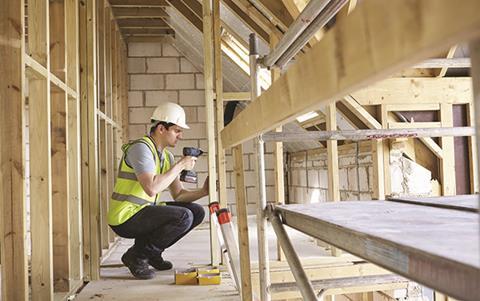I was at the conference of the District Councils’ Network a few weeks ago where Rishi Sunak, a very impressive junior minister from MHCLG, lauded district councils as being the engines and champions of economic growth.

This gave me a great lead in to my own session where I had been asked to talk about what local councils needed to do to encourage development. It’s not difficult to see the connection between the two – economic activity that leads to growth needs places in which to happen, infrastructure to facilitate it and homes for the people who actually do the delivery, all of which the property industry can provide and which sounds like a win-win for both sides.
Sadly, it does not always turn out like that and there are plenty of examples of what should be beneficial development ending up as the catalyst for lengthy and expensive conflict. So what was my advice to the assembled district councillors and leaders?
First, they need to engage with prospective developers, get to know them, find out how they operate and decide whether they are people with whom they can do business. Developers will welcome this.
Second, local authorities need to provide some certainty beyond the short-term cycle of council elections – which is of absolutely no use to an industry that might take a decade or more to build a complex regeneration scheme.
That means having solid local plans that can withstand political change and provide a firm framework against which the developer can plan, borrow, build and ultimately let or sell the scheme.

Third, they need to make sure they understand the economics of development – and if they don’t, they need to buy in the experts who do. It is no good asking developers to make contributions to everything from infrastructure to art to affordable housing without appreciating just what costs that development can withstand while still making the sort of returns that the investors will demand.
Fourth, with regard to infrastructure, there is no doubt that developers understand its importance and even that they need to make some contribution towards it. But almost inevitably the infrastructure needs of an area will outweigh what developers can afford to provide, so both sides need to work together to explore novel financing routes that could involve the local authority or developer borrowing with payback through future tax income or looking for other sources of finance such as Homes England.
Lastly, local councils absolutely need to step up and manage the aspirations of local communities. Of course, the developer must consult – and do it properly – but by its very nature consultation produces masses of likely conflicting or impossible requirements that are best resolved and prioritised by elected leaders.
My parting message to the assembled district councillors was they absolutely should not kowtow to developers – but that through dialogue, better understanding and partnership, it should be perfectly possible to achieve a pragmatic outcome that suits both sides.
Of course, not all developers make good partners and not all development proposals deserve to succeed. And on the basis that it takes two to tango, there are lots of things developers need to do in order to engender trust among local councillors and the communities they serve. But that’s another story.






























No comments yet